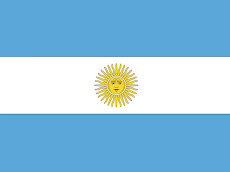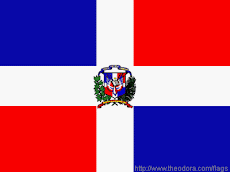By Megan, Dar es Salaam, Tanzania
We jump onto the almost empty Dhaladhala at the Mwengi Market and wait until about 20 people have crammed into the large van on our way back from exploring
Like I expected, all over Dar, kids stare at us. Julie’s blond hair must seem particularly strange. Looking like mini adults in shorts and t-shirts or tiny tailored dresses (tailors are cheaper than new clothes here), they sometimes follow us, demanding gifts. Some men call after us, shouting, “sister.” Behind our backs I hear people murmur or shout “wuzungu” or “wanderer,” the word they use for foreigners. Still, we have never felt threatened and on the campus, people are always friendly and polite. So far, we have been lucky to meet nice people who have helped us navigate the city. On our second day, we searched for a market by dhaladhala, got stuck in traffic for hours until after dark, and passed the market. We wouldn’t have noticed nor found our way back if one man hadn’t led us to the right dhaladhala.
I'm having to reinvent my identity here. I figured everyone would consider me white, but when I tell them I’m American they question me, telling me I look like I’m from Puerto Rico, Mexico, Korea, or Japan. The program coordinator’s husband actually bowed to me when I tried to shake his hand. He said “Japanese style.” I just smile and say “Baba yangu Filipino” and they seem satisfied, but then they usually ask if my mother is Mmarekani. To them, white and American are the same.
Explaining my religion is more difficult. I once tried to explain to a university guard who asked me what my religion was that I didn’t have one and the only word he could come up with was “Pagani.” Aetheism and agnosticism don’t seem to exist. Although many different religions coincide, predominantly Christian and Muslim, most people believe in some sort of God. Another girl on my program suggested telling them that I’m Buddhist because they’ll think I’m Chinese anyways and then I won’t have to explain why I’m not going to church. Instead, I’m choosing the half-truth and calling myself Catholic.
Staying here only a short time reminds me of how easy education and life is in the
After a few days of riding the Dhaldahals and city buses, I’m beginning to get the hang of it, to get used to cramming myself next to strangers and the smell of sweat. But I’m not quite a native. When we get to our stop at the university from the Mwengi Market, I jump out, knocking into the door. The door fell off its track in front and I feel horrible for breaking it. But the Chonda pops it back into place and they drive on down the left side of the bumpy road, Swahili hip hop music still blasting.






No comments:
Post a Comment